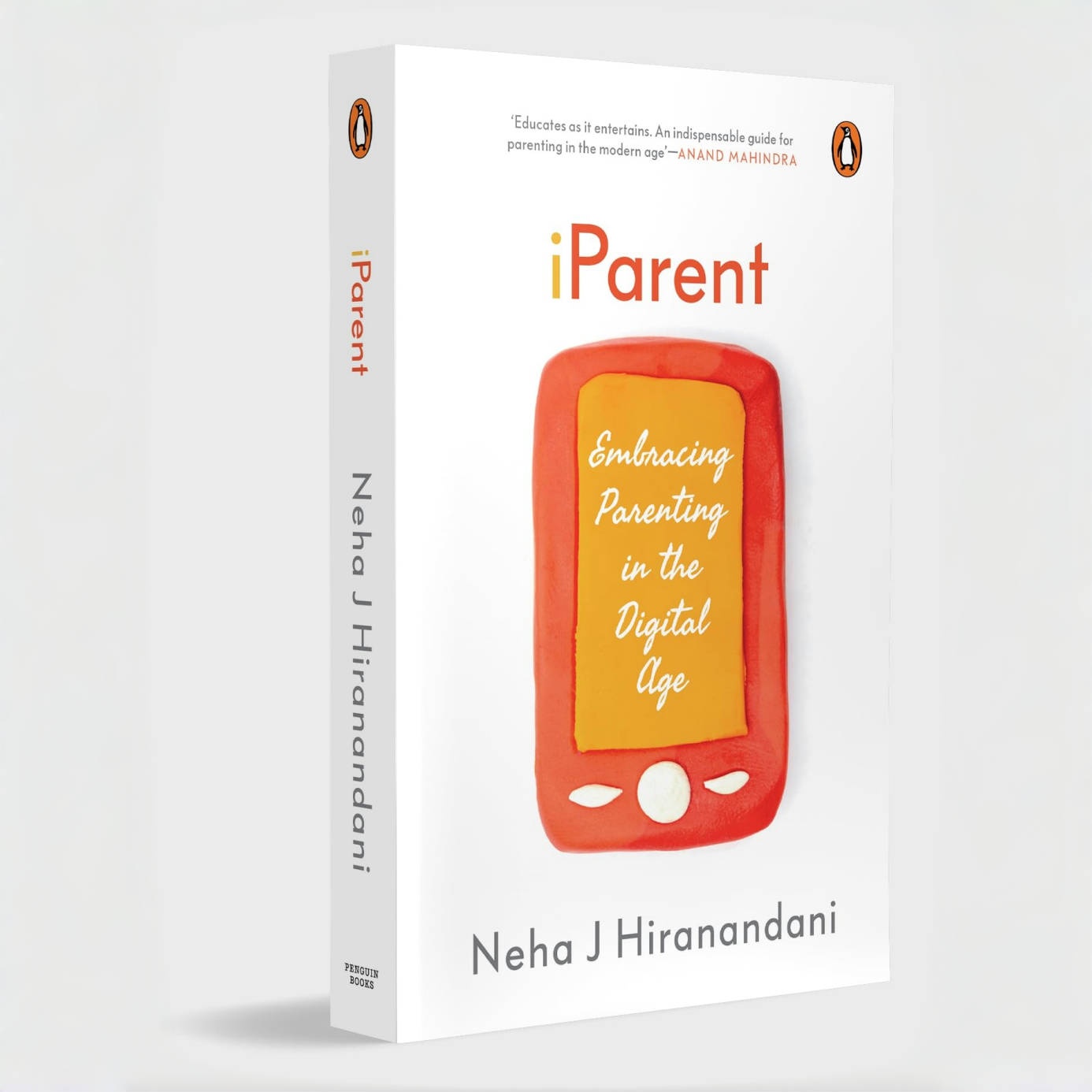Introduction to Montessori Parenting
Montessori parenting is derived from the educational philosophy of Dr. Maria Montessori, an Italian physician and educator of the early 20th century. Her approach emphasizes respect for a child’s natural developmental trajectory and recognizes each child’s capacity for self-directed growth. While traditionally associated with Montessori schools and classrooms, the philosophy extends naturally into the home environment, providing parents with principles to guide their children’s development in a holistic and nurturing manner.
At its core, Montessori parenting involves creating an environment that allows children to explore freely, at their own pace, and with a focus on building independence. The approach also stresses the importance of mutual respect between parent and child, reinforcing the idea that children are capable individuals who can learn not only academic concepts but also social-emotional skills when provided with the right structure and support. In practice, this might mean child-accessible workspaces, learning materials that encourage hands-on exploration, and a parenting style that fosters self-discipline rather than relying on external rewards or punishments.
In today’s fast-paced society, there has been a notable surge in interest around gentle, child-centric methods. Montessori parenting has therefore gained broader acceptance and admiration, especially among those seeking alternatives to more traditional, authoritarian, or highly structured approaches. By guiding rather than dictating, and by emphasizing empathy and respect, Montessori-informed parents can observe profound developmental benefits in their children. Below, we examine six key elements: the overall benefits of Montessori parenting, how awareness and acceptance are increasing, the child-led learning dynamic, the development of independence and self-regulation, positive social skill outcomes, and the approach’s encouragement of creativity and critical thinking.
1. Benefits of Montessori Parenting Style
Holistic Child Development
One of the primary benefits of the Montessori parenting style is its focus on holistic development. Instead of merely concentrating on academic skills or obedience, Montessori parents strive to nurture cognitive, social, emotional, and physical growth. By providing children with the tools and freedom to explore their interests, parents create a well-rounded learning environment.
Encouragement of Confidence
Montessori parenting fosters self-confidence in children because it values their input and respects their learning rhythms. When parents grant children the opportunity to make choices—like selecting which activity to pursue, picking out clothes in the morning, or helping with age-appropriate household tasks—children feel a sense of pride and ownership. Over time, this autonomy builds robust self-esteem, reinforcing the child’s belief in their own capabilities.
Collaboration Over Competition
Another hallmark benefit is the cultivation of collaboration and cooperation. Rather than pitting children against each other in competitive situations, Montessori methods encourage working alongside peers, siblings, or even caregivers to achieve common goals. This spirit of teamwork can translate into improved communication skills and empathy, traits that are vital in personal development and future academic or professional settings.
Respectful Communication
Montessori parenting underscores the importance of clear, respectful dialogue. Instead of using punitive or dismissive language, parents are encouraged to engage their children with empathy and logical explanations. This type of communication allows children to grasp the impact of their choices and behavior on others, guiding them toward personal responsibility and emotional maturity.
Mindful Connection With the Environment
Finally, Montessori parenting celebrates a deep connection with one’s surroundings. Children are encouraged to observe nature, engage in sensory exploration, and understand how everyday objects and routines serve a purpose. When parents model respect for the environment—through recycling, conserving resources, or showing appreciation for nature—children learn these values by example.

2. Increasing Awareness and Acceptance
Shift Toward Gentle Parenting Approaches
Over the past decade, there has been a noticeable shift in parenting approaches worldwide, with more families moving away from punitive styles of discipline toward gentler, more empathetic methods. This is partly due to growing research in developmental psychology and neuroscience, which consistently shows that children learn better and develop healthier emotional patterns in environments where they feel safe, respected, and valued. Montessori’s approach, with its focus on empathy, respect, and child-led exploration, naturally fits within this trend.
Influence of Social Media and Online Communities
Social media platforms, blogs, and online parent communities have also played a significant role in spreading Montessori principles. Parents share success stories, lesson ideas, and practical tips, making it easier for newcomers to understand and apply Montessori techniques at home. These digital forums create a supportive network for families who might otherwise feel uncertain about diverging from mainstream parenting norms.
Appeal to Diverse Cultural Contexts
Montessori philosophy transcends cultural boundaries. Its fundamental premise—respecting the child’s individuality—resonates with parents from various backgrounds. Schools and organizations that follow Montessori principles have emerged worldwide, and many families blend Montessori ideas with their cultural traditions. As a result, acceptance of Montessori parenting continues to grow, demonstrating its adaptability and appeal on a global scale.
Professional Endorsements
Medical professionals, child psychologists, and educational researchers are increasingly acknowledging the benefits of Montessori-based methods. In turn, these endorsements encourage more families to explore its principles, further boosting awareness and acceptance in mainstream discourse. Many early childhood development specialists highlight Montessori’s consistency with research-backed best practices, such as encouraging sensory play, facilitating self-directed learning, and using positive reinforcement.

3. Emphasis on Child-Led Learning
Freedom Within Limits
In a Montessori environment, whether at home or in the classroom, the child is granted the freedom to choose activities that align with their interests, yet they do so within clear boundaries set by adults. This structure helps children learn to make considered choices and respect the limits of their environment. They develop an understanding of how their actions affect the materials, space, and people around them, laying the groundwork for responsible behavior.
Intrinsic Motivation Over External Rewards
Child-led learning emphasizes intrinsic motivation. Rather than being driven by grades or parental approval, children learn for the joy and satisfaction of mastering a skill or concept. Montessori parents are guided to observe the child’s interests, offer appropriate resources or guidance, and then step back. This fosters a sense of ownership and authentic engagement in learning, as children are not striving for gold stars or prizes but are learning to satisfy their innate curiosity.
Role of the Parent as a Facilitator
In child-led learning, the adult’s role shifts from that of a traditional instructor to one of a facilitator or guide. Parents set up an environment conducive to discovery—providing accessible shelves, selecting developmentally appropriate toys and materials, and ensuring a safe space for exploration. When a child becomes frustrated or needs guidance, the parent offers support, but does so in a way that encourages further exploration rather than supplying all the answers.
Respect for the Child’s Pace
A key advantage of child-led learning is honoring each child’s unique pace. Not all children progress through developmental milestones at the same rate, and Montessori parents adapt to these differences rather than imposing a rigid timeline. This respect for individual progress fosters resilience and reduces unnecessary pressure, ultimately encouraging children to become more engaged and motivated learners.

4. Development of Independence and Self-Regulation
Autonomy in Daily Routines
Independence is a central tenet of Montessori parenting. Encouraging children to perform daily tasks—such as dressing themselves, helping set the table, or cleaning up after an activity—instills a sense of responsibility and competence. This hands-on experience fosters confidence in the child’s ability to handle real-world tasks.
Self-Regulated Choices
Montessori parenting also involves teaching children to self-regulate their choices and emotions. By allowing them to explore their environment safely and decide how they spend their time, children learn how to manage impulses and regulate their behavior. Parents still provide limits (for instance, setting a bedtime or designating areas for certain activities), but children are given increasing control over how they fulfill these responsibilities.
Growth of Self-Discipline
Because children are accustomed to making choices and seeing the consequences, many develop self-discipline more naturally. They learn to set limits for themselves, whether it’s deciding when to switch from one activity to another, cleaning up a workspace when finished, or politely negotiating with siblings over shared resources. This self-discipline can pay off later in life, helping them thrive in environments where independence and self-direction are valued.
Long-Term Impact on Executive Function
Executive function skills—like working memory, emotional control, planning, and organization—are crucial for success in academics and beyond. A Montessori-inspired home environment emphasizes these skills by letting children practice them regularly, through activities like sorting and classifying objects, caring for pets and plants, or following a sequence of steps to complete a chore. Over time, such repeated practice helps develop stronger executive function capabilities.

5. Positive Impact on Social Skills
Emphasis on Respect and Empathy
In Montessori settings, children frequently engage in collaborative tasks, whether that means working side by side or taking turns with shared materials. This consistent emphasis on cooperation rather than competition can deepen empathy and social awareness. Montessori parenting further nurtures these skills by modeling respectful communication, validating children’s feelings, and teaching them to consider how their actions might affect those around them.
Conflict Resolution and Problem-Solving
When minor conflicts arise—such as disputes over toys or disagreements about how to do a task—Montessori parents are encouraged to guide children through the problem-solving process rather than simply imposing a solution. Children learn to articulate their feelings, listen to others’ perspectives, and reach an equitable resolution. This not only strengthens emotional intelligence but also prepares them to navigate social scenarios with greater confidence and understanding.
Positive Peer Interactions
A child who is accustomed to respect at home is more likely to extend that courtesy to peers outside the home, whether in a preschool, playground, or community setting. These positive interpersonal skills—cooperation, taking turns, active listening—often serve as strong foundations for building healthy friendships and peer relationships.
Integration of Mixed Age Groups
While it can be more challenging to replicate mixed-age classrooms at home, Montessori parents may find opportunities for their children to interact with siblings or neighbors of various ages. This exposure helps children learn to adapt their communication style, show leadership or mentorship to younger friends, and learn from older children. It further enriches their social skill development and builds confidence in diverse social settings.

6. Promoting Creativity and Critical Thinking
Hands-On Exploration
Montessori parenting encourages hands-on activities that let children explore their creativity. Whether it’s tinkering with building blocks, experimenting with art supplies, or helping in the kitchen, a child learns best when they can touch, see, hear, and sometimes even taste their way to understanding new concepts. This interactive approach promotes creativity because it allows for spontaneity and open-ended outcomes, fostering a spirit of curiosity and innovation.
Real-Life Connection
By tying learning to tangible experiences, Montessori parents reinforce children’s natural problem-solving abilities. For instance, helping measure ingredients while cooking develops both math skills and an understanding of cause-and-effect. Similarly, gardening fosters a basic grasp of biology and life cycles, while also teaching responsibility. These practical experiences encourage children to ask questions, hypothesize, test, and refine their understanding of the world—core components of critical thinking.
Freedom to Experiment
In a Montessori-aligned home, children typically have access to art, music, and creative tools that they can explore at will, without fear of making mistakes. This freedom to experiment boosts creative confidence. Children are more inclined to try new ideas, learn from any mistakes, and reapply their insights in future activities. By reducing external pressure to produce a “perfect” product, Montessori parenting cultivates a growth mindset that values continuous learning and resilience.
Encouraging Observation and Reflection
Dr. Montessori placed a great deal of importance on observation—both on the part of the educator and the child. Parents are taught to observe how their children interact with materials, peers, and their environment, intervening thoughtfully only when necessary. Children, in turn, learn to observe as well—taking note of patterns in nature, noticing relationships between objects, or reflecting on how certain actions lead to specific outcomes. These observational skills directly feed into their ability to think critically about the world around them.

Conclusion
Montessori parenting stands out as an approach that is respectful, nurturing, and deeply attuned to a child’s natural development. It sets itself apart by placing the child at the center of the learning process, advocating hands-on experiences, and emphasizing emotional well-being. As awareness and acceptance of Montessori principles continue to grow, more families are recognizing the benefits of adopting these strategies in the home—among them, stronger independence, better self-regulation, improved social interactions, and the encouragement of both creativity and critical thinking.
The six key areas highlighted—overall benefits, growing acceptance, child-led learning, nurturing independence, social skill enhancement, and the promotion of creativity and critical thinking—demonstrate why Montessori parenting has such widespread and increasing appeal. By shaping an environment that respects a child’s pace, fosters emotional security, and encourages exploration, parents can guide their children toward becoming capable, empathetic, and self-motivated learners. This holistic, child-centric style of parenting not only helps children thrive during their formative years but also lays a foundation for lifelong curiosity, resilience, and personal growth.





